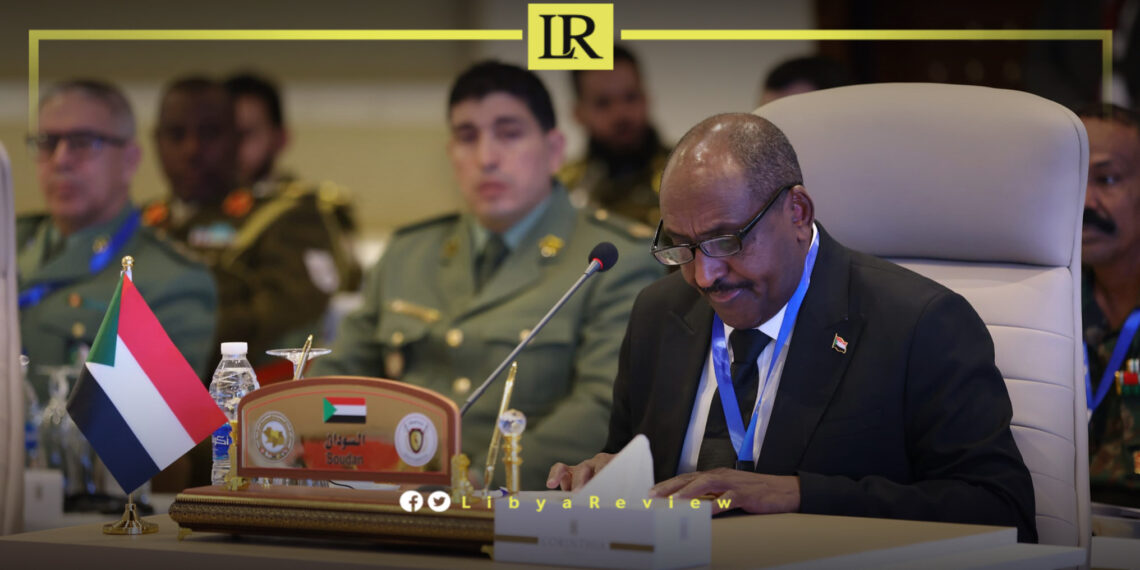On Saturday, Lieutenant General Hassan Bilal Ahmed, the Director of Military Intelligence and Deputy Head of Sudan’s Military Intelligence Authority, commended Libya for its support and hospitality towards Sudanese nationals, emphasizing that Libya has treated them as equals, not refugees.
Speaking at the first conference of military intelligence leaders from Libya’s neighboring countries in Tripoli on Saturday, Bilal noted that Libya had provided Sudanese citizens with access to essential services such as healthcare and education, just like its own citizens. He highlighted that Libya’s decision to reject the refugee label for Sudanese nationals was a significant act of solidarity, reflecting the strong ties between the two countries.
Bilal’s remarks come amidst the worsening situation in Sudan, where escalating conflict and attacks by armed rebel groups have displaced many citizens. The Sudanese government has been facing intense challenges from insurgent factions, including some aligned with terrorist organizations. These conditions have forced large numbers of Sudanese civilians to seek refuge in neighboring countries, including Libya.
Despite its own political and security challenges, Libya has continued to provide support to Sudanese refugees, offering shelter, healthcare, and educational opportunities. This approach stands out in the region, where many other countries have struggled with their own refugee crises.
During the conference, Bilal also addressed broader regional security concerns, particularly the rise of terrorist groups that pose a threat to both Libya and Sudan’s stability. He emphasized the need for closer cooperation among neighboring countries to confront these common challenges and ensure the security of the region. He expressed hope that the conference would result in valuable recommendations and serve as a starting point for future discussions and collaborations.
Additionally, the Libyan Prime Minister of the interim Government of National Unity (GNU) Abdulhamid Dbaiba, who also participated in the conference, reiterated Libya’s commitment to safeguarding its sovereignty and rejecting any external influence.
He stressed that Libya would not allow its land to be used as a battleground for regional or international conflicts. “Libya will not permit its territory to become a refuge for terrorists or armed groups fleeing their own countries,” Dbaiba declared.


